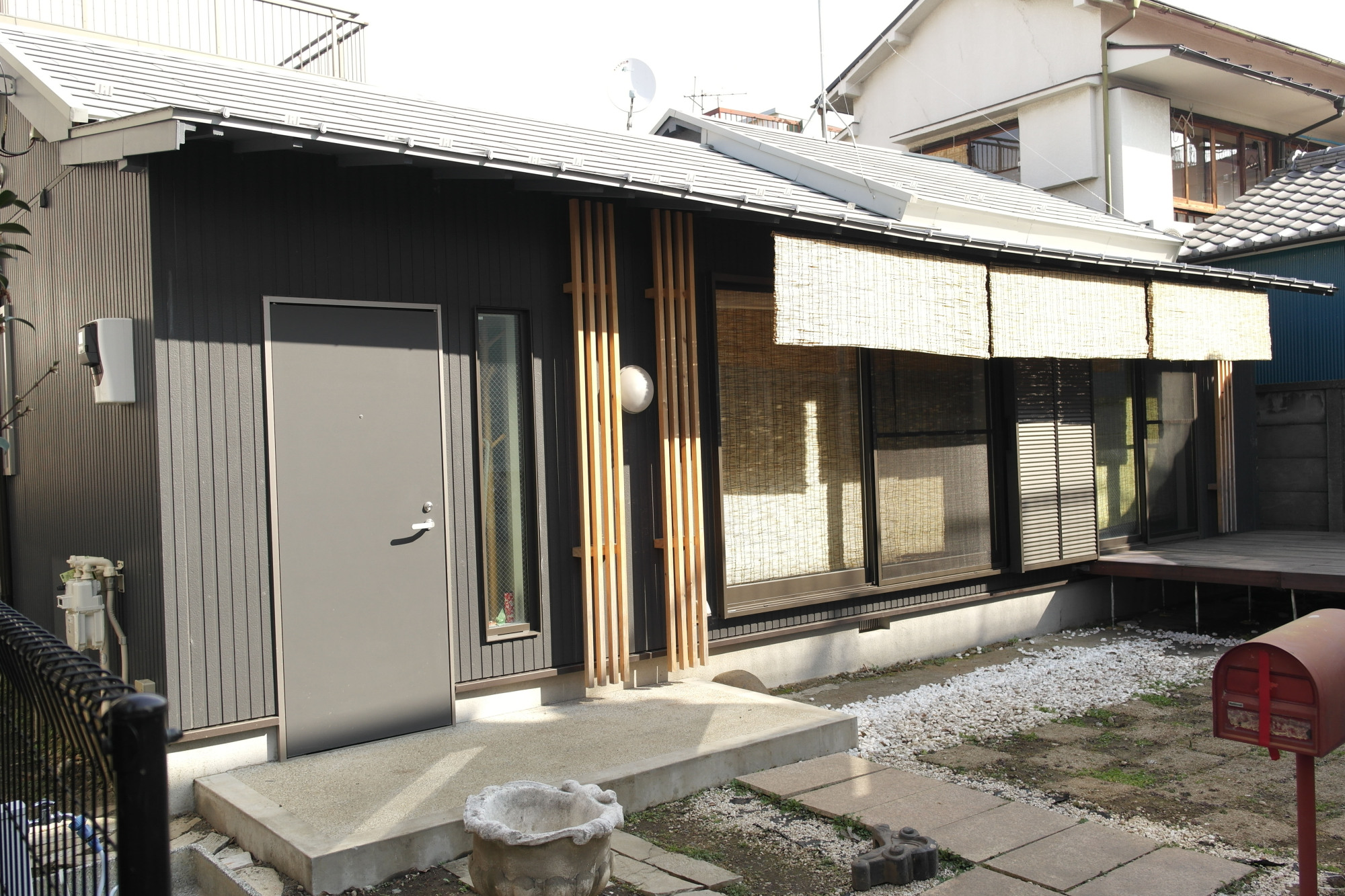A new law will go into effect in June to regulate minpaku, private residences rented out by their owners as short-term lodgings. To most, the new law will address changes that have occurred in recent years due to the rise of Airbnb, the worldwide online service that allows travelers to book rooms in private homes directly from the owners of those residences.
Japan has long had a similar type of system called minshuku, which usually involves rooms in private homes that are offered as lodging. But people who want to let rooms as minshuku must apply for a license, which requires that the room be a certain size. Also, a management-type person must always be on the premises. These rules, however, have never been strictly enforced, which is why Airbnb was able to gain a foothold in Japan, even though, technically, such rentals are illegal.
The new minpaku law will lower the legal hurdles for renting out properties as short-term lodgings. Currently, only certain specially designated districts allow minpaku rentals, but after June 15, in principle, minpaku rentals will be permitted throughout Japan. There will no longer be limitations on room size. Nor will representatives of owners be required to be present on the premises. Local governments, however, can also implement their own restrictions and conditions. Kyoto, for instance, will mostly prohibit minpaku from being operated in residential areas.



















With your current subscription plan you can comment on stories. However, before writing your first comment, please create a display name in the Profile section of your subscriber account page.